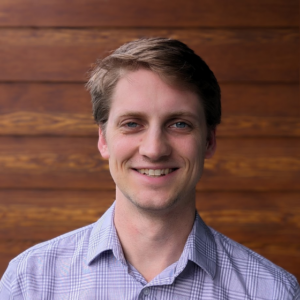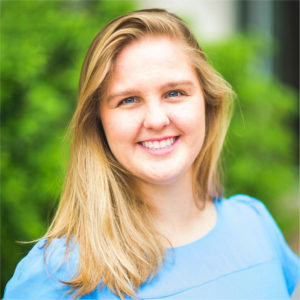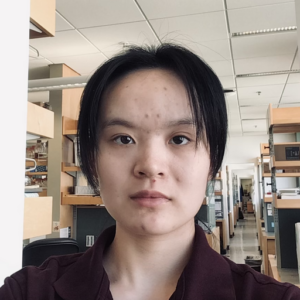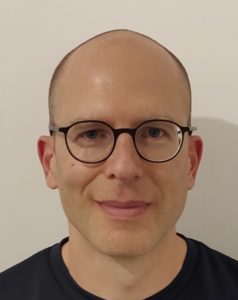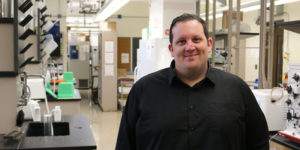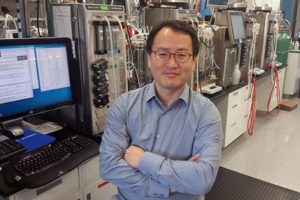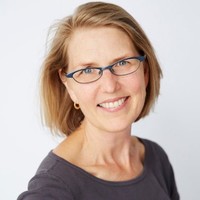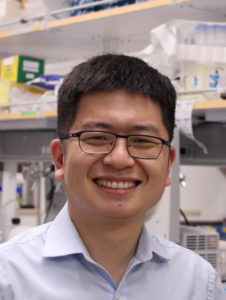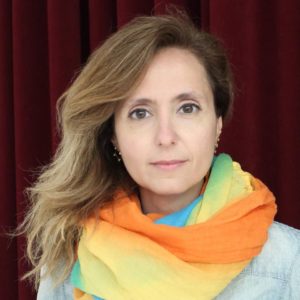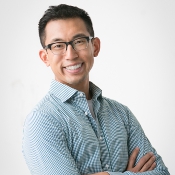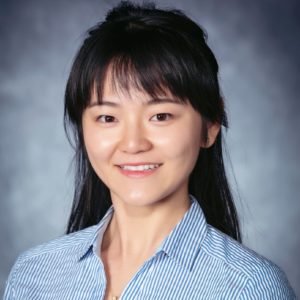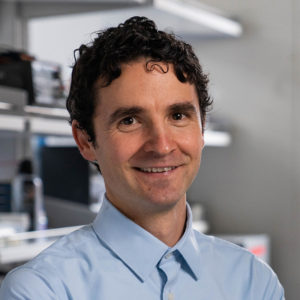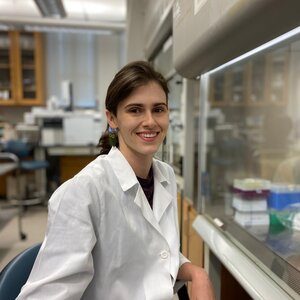S Venkata Mohan
Dr. S. Venkata Mohan is working as a Scientist in CSIR-Indian Institute of Chemical Technology (CSIR-IICT), Hyderabad since 1998. He has done his B.Tech (Civil Engineering), M.Tech (Environmental Engineering) and Doctoral research in engineering discipline from Sri Venkateswara University, Tirupati. He was Visiting Professor at Kyoto University (2005), Alexander von Humboldt (AvH) Fellow at Technical University of Munich, Germany (2001-02) and Kyung Hee International Fellow, South Korea (2018). Dr Mohan research majorly intended to understand and respond to the human-induced environmental change in the framework of sustainability in the interface of environment and bioengineering. He specifically explored the potential of negatively valued waste as viable feedstock for harnessing clean energy and biomaterials by developing novel and sustainable technologies through nexus approach. His main research interests are in the areas of Advanced Waste Remediation, Aciodogenesis, Microbial Electrogenesis, Photosynthesis, CO2 biosequestration, Circular Bioeconomy, Self-regenerative systems and Biorefinery. He also undertook various research projects associated with societal relevance and industrial/consultancy projects in the area of environment and management. He has successfully demonstrated the production of Low carbon (Bio)Hydrogen with simultaneous waste remediation at pilot scale and established a first of its kind waste biorefinery platform. Dr Mohan authored more than 350 research articles, 60 chapters for books, edited 4 books and has 9 patents. His publications have more than 18,900 citations with an h-index of 75 (Google Scholar). He has guided 27 PhDs, 2 M.Phils and more than 100 M.Tech/B.Tech/M.Sc students.
Dr Mohan is recipient of the coveted ‘Shanti Swarup Bhatnagar (SSB) Prize’ for the year 2014 in Engineering Sciences from the Government of India. He also received several awards and honors, which include, ‘DBT-Tata Innovation Fellow 2018’ by Department
